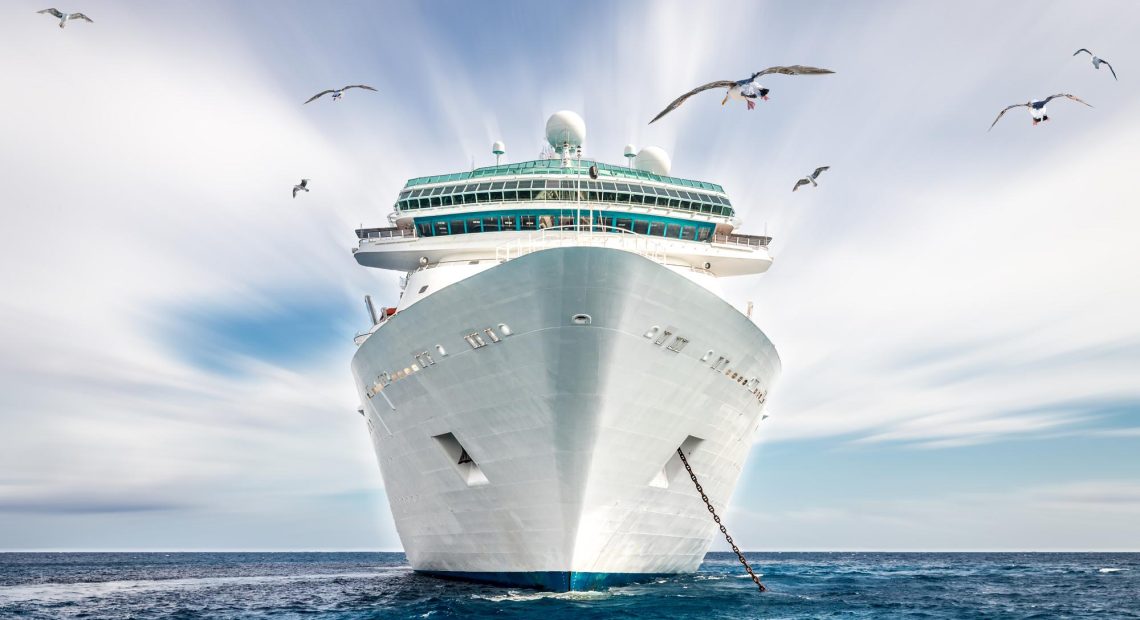
Russian Warships Dock in Bangladesh, Signaling Strategic Shift in Bay of Bengal
In a significant development, three Russian warships have docked at Bangladesh’s Chittagong port, marking a notable shift in the region’s maritime dynamics. This visit follows a recent trip by Bangladesh’s Army Chief to Moscow, indicating a potential diversification of Bangladesh’s defense partnerships beyond its traditional reliance on China.
China’s Strategic Interests in the Bay of Bengal
China has invested heavily in Bangladesh’s infrastructure, including the construction of a submarine base in Cox’s Bazar. This base, operational since last year, is capable of housing six submarines and eight warships, underscoring China’s strategic interests in the Bay of Bengal.
India’s Regional Security Concerns
India has expressed concerns over China’s growing influence in neighboring countries, including Bangladesh. The docking of Russian warships in Bangladesh could be viewed as a counterbalance to China’s maritime presence in the region. India’s strategic interests in the Bay of Bengal are closely tied to maintaining regional stability and countering external influences.
Bangladesh’s Foreign Policy Strategy
Bangladesh’s decision to host Russian warships reflects its intent to maintain strategic autonomy and balance its relations with major powers. By engaging with Russia, Bangladesh aims to diversify its defense partnerships and reduce over-reliance on any single country, particularly China. This move also signals Bangladesh’s commitment to strengthening its naval capabilities and enhancing maritime security in the Bay of Bengal.
Conclusion
The arrival of Russian warships in Bangladesh signifies a pivotal moment in South Asian geopolitics. It highlights the evolving security dynamics in the Bay of Bengal and underscores Bangladesh’s efforts to navigate complex relationships with regional and global powers. As the situation develops, the international community will closely monitor the implications for regional stability and security.


















